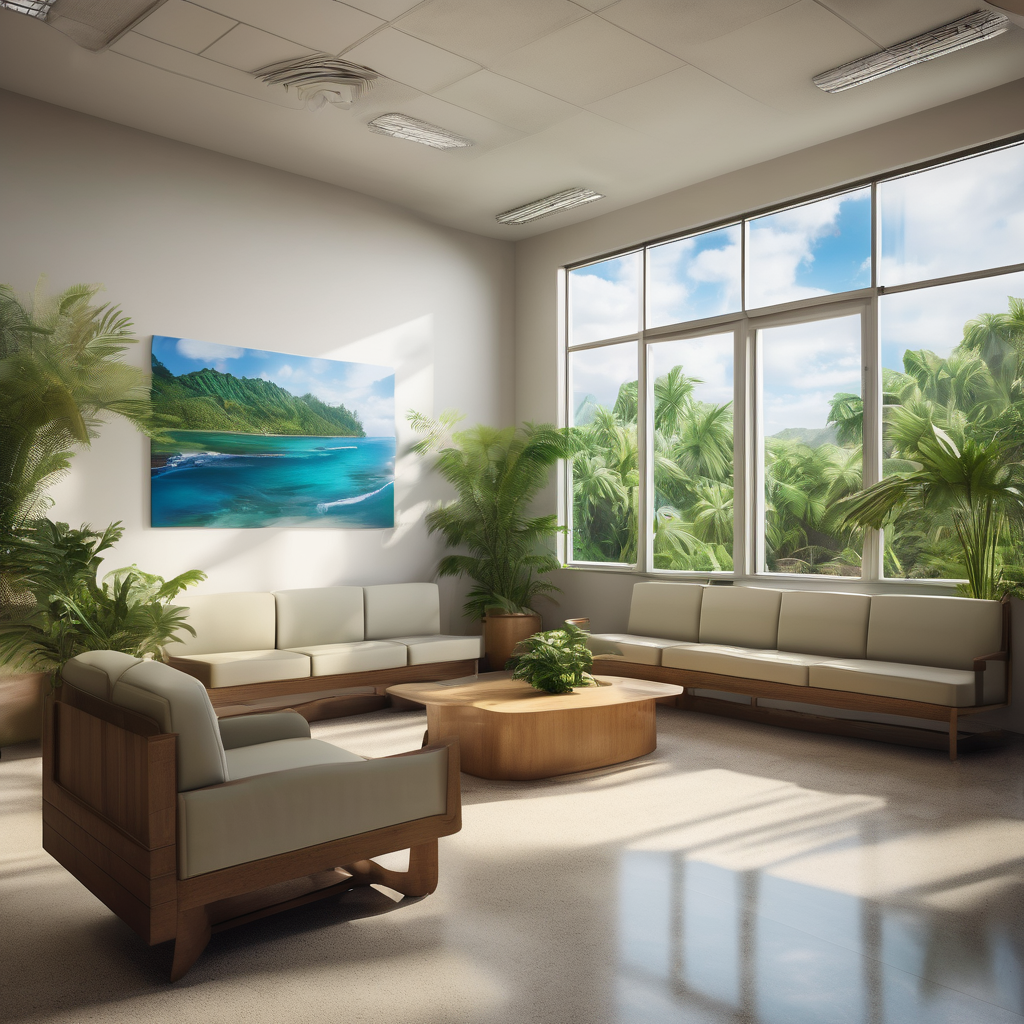A mental health advocate in Fiji has made a compelling call for enhanced welfare support and improved treatment conditions for psychiatric patients. Lorenzo Patrick-Samuela, a 38-year-old outpatient at the Upperfield Psychiatric Hospital, expressed concerns over the limitations of current policies that fail to adequately assist patients in employment or those undergoing treatment.
Samuela, who hails from Rotuma, stressed the necessity of integrating provisions for paid leave for patients admitted to psychiatric hospitals, as well as compensation for time spent attending outpatient clinics. He argued that these changes should be incorporated into employment legislation to ensure better support for mental health patients.
In pursuit of holistic mental well-being, Samuela proposed the establishment of a gym or fitness pass program for outpatients. He suggested that such a program could be integrated into the social welfare system as an alternative to food vouchers, allowing patients access to free sessions for physiotherapy, gym facilities, or counselling—focusing on the importance of physical health in mental wellness.
Addressing inpatient experiences, Samuela highlighted the need for more respectful and private handling of body searches when patients are admitted. He recommended that searches be conducted by staff of the same gender and in private spaces, rather than in open areas, to uphold patient dignity.
Moreover, he advocated for the creation of designated outdoor visitation spaces at the hospital to facilitate more comfortable family visits. Samuela noted that many relatives, especially older family members, often feel uncomfortable or stigmatized when entering hospital wards, which can hinder visits and the establishment of essential support systems during treatment.
These recommendations reflect a growing recognition of the need for comprehensive mental healthcare reforms in Fiji, particularly at the St Giles Psychiatric Hospital, the only dedicated psychiatric facility in the country. With rising patient admissions, the hospital is under increasing pressure to enhance its infrastructure and services. The government is actively seeking partnerships for the development of modern facilities that would support expanded treatment options, including addiction and specialized psychiatric care.
As awareness of mental health issues grows within the community, initiatives like Samuela’s call for reform highlight the potential for transformative change. By prioritizing holistic approaches and improving treatment environments, Fiji can hope to foster a more supportive atmosphere for those navigating mental health challenges. The incorporation of family involvement in treatment processes could also bridge gaps and ensure better post-treatment outcomes for patients.
